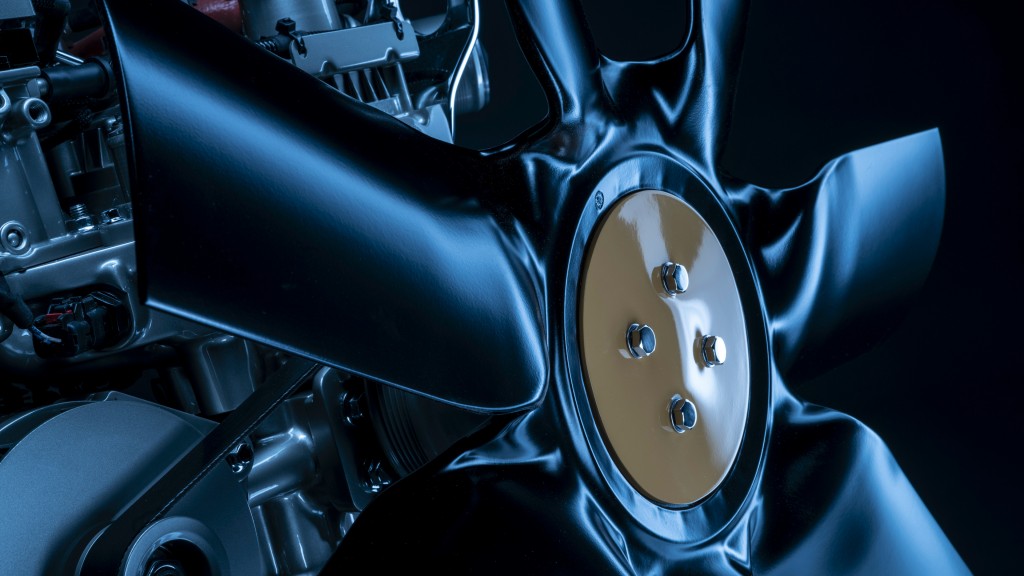Perkins to participate in two "Red Diesel Replacement” projects to help lower off-highway emissions

Perkins Engines Company Limited will participate in two projects under the U.K. Government's ‘Red Diesel Replacement' competition.
This competition supports low-carbon technologies, fuels, and systems for the construction and quarrying/mining sectors. Building on a number of research and development activities improving power system efficiency whilst simultaneously minimizing environmental impact, these projects will further enhance the portfolio of technologies available to further reduce greenhouse gas emissions across the off-highway sectors.
Complementing technology offerings delivering hybrid solutions and efficiency improvements, these projects will help to advance Perkins engines' capability to operate on a wide array of lower-carbon intensity fuel types in addition to 100 percent hydrotreated vegetable oil (HVO) to EN15940 and biodiesel up to B202. Lower-carbon intensity fuels can be a key enabler for customers to achieve their short- and long-term ESG (environmental, social, and governance) targets through their combination of low emissions capability for local air quality and low or negative life cycle greenhouse gas footprint.
Developing an internal combustion engine to run on rDME
In one project Perkins is the lead organization in developing an internal combustion engine which runs on renewable dimethyl ether (rDME), working closely with Loughborough University and Flogas.
Dimethyl ether is a well-established, non-toxic aerosol propellant, which can be synthesized from biomass, residues, and waste, providing an opportunity for reductions and even net negative greenhouse gas emissions.
It has several fuel properties that make it attractive for use in diesel engines. It has a very high cetane number–which is a measure of the fuel's ignitibility in compression ignition engines–and the energy efficiency and power ratings of DME fuelled and traditional diesel engines are virtually the same.
DME's sootless combustion can further reduce the particulate matter emissions from the current low levels seen with modern diesel engines to allow particulate mass and count limits to be achieved with simplified exhaust after-treatment.
As DME can use LPG infrastructure with minimal change, there is a clear existing and easily expandable supply chain infrastructure. Flogas and Loughborough University will provide a practical demonstration of both delivery and storage of DME as well as engine performance and capability.
Ammonia and hydrogen as fuels for decarbonizing heavy-duty engines
In another project, MAHLE Powertrain, Perkins, Clean Air Power, and the University of Nottingham will demonstrate a number of solutions based upon both ammonia and hydrogen as fuels for decarbonizing heavy-duty engines.
Hydrogen- and ammonia-powered engines have the capability to deliver zero tailpipe carbon dioxide emissions, aligned with the U.K.'s hydrogen strategy. By developing flexible fuel capability, the consortium will demonstrate combinations of fuels from dual fuel diesel with hydrogen and/or ammonia to pure ammonia or hydrogen.
These solutions can provide negligible tailpipe carbon emissions whilst also maintaining local air quality. If sourced from green hydrogen, the full life cycle of greenhouse gas emissions can be almost eliminated.
A range of future solutions
The decarbonization challenge faced within the off-highway industry will require a range of solutions to deliver the requirements across applications and user usage profiles.
Through improvements in system efficiency, integration, and implementation of electrified and lower-carbon intensity fuels, Perkins is focused on providing commercially viable solutions across the range of markets it serves.



